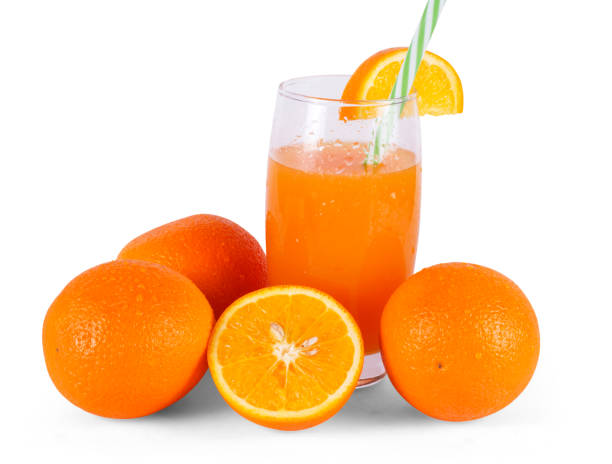Sweeteners have become a ubiquitous part of the modern diet, found in everything from soft drinks to snacks and even seemingly healthy foods. While they offer the promise of satisfying our sweet tooth without the calories of sugar, the impact of sweeteners on our health is a topic of much debate and concern. In this comprehensive exploration, we’ll delve into the different types of sweeteners, their potential effects on health, and what they mean for you.
Introduction to Sweeteners
Sweeteners are substances used to impart a sweet taste to food and beverages. They can be broadly categorized into two groups: natural sweeteners, which occur naturally in foods, and artificial sweeteners, which are chemically synthesized. Natural sweeteners include honey, maple syrup, and fruit juices, while artificial sweeteners encompass compounds like aspartame, sucralose, and saccharin.
Artificial Sweeteners: Friend or Foe?
Artificial sweeteners were originally developed as sugar substitutes to provide sweetness without the added calories. However, concerns have been raised regarding their safety and potential health effects.
Aspartame: Aspartame is one of the most commonly used artificial sweeteners, found in numerous diet sodas and sugar-free products. Despite being approved by regulatory agencies, including the FDA and EFSA, aspartame remains controversial due to claims linking it to various health issues, including headaches, neurological disorders, and even cancer. However, extensive research has failed to conclusively establish these associations, and aspartame is considered safe for most people when consumed within acceptable daily intake limits.
Sucralose: Marketed under the brand name Splenda, sucralose is another popular artificial sweetener known for its zero-calorie profile. Unlike aspartame, sucralose is heat-stable, making it suitable for baking and cooking. While some studies have suggested potential adverse effects on gut health and insulin sensitivity, the overall evidence supporting its safety remains robust. Nevertheless, moderation is key, as excessive consumption of any sweetener can disrupt metabolic processes and contribute to weight gain.
Saccharin: Saccharin was the first artificial sweetener discovered in the late 19th century and is commonly found in tabletop sweeteners like Sweet’N Low. Despite being deemed safe for consumption by regulatory agencies, saccharin has been linked to bladder cancer in animal studies. However, subsequent research has shown that these findings may not apply to humans, and saccharin is considered safe when consumed within recommended limits.
Natural Sweeteners: Healthier Alternatives?
In contrast to artificial sweeteners, natural sweeteners are derived from plant sources and are often touted as healthier alternatives to sugar. However, they still contribute to overall calorie intake and can have similar metabolic effects when consumed in excess.
Honey: Honey has been used as a sweetener for centuries and is prized for its unique flavor and purported health benefits. Rich in antioxidants and antibacterial properties, honey is often marketed as a natural remedy for various ailments. While it does contain trace amounts of vitamins and minerals, honey is high in fructose and calories, making it calorie-dense compared to other sweeteners. Moderation is key to enjoying the benefits of honey without overdoing sugar intake.
Maple Syrup: Made from the sap of maple trees, maple syrup is lauded for its rich flavor and distinct aroma. Unlike refined sugar, maple syrup contains antioxidants and minerals like zinc and manganese. However, it is still high in sugar and should be consumed sparingly to avoid excessive calorie intake.
Stevia: Stevia is a natural sweetener extracted from the leaves of the Stevia rebaudiana plant. It is prized for its intense sweetness and zero-calorie profile, making it a popular choice for those seeking to reduce calorie intake. Stevia has been extensively studied and is generally recognized as safe for consumption, even for individuals with diabetes. However, some people may experience a bitter aftertaste with certain stevia products.
The Bottom Line: Moderation is Key
Whether you opt for artificial or natural sweeteners, moderation is crucial for maintaining a balanced diet and minimizing potential health risks. While artificial sweeteners offer a calorie-free alternative to sugar, concerns remain regarding their long-term effects on health. On the other hand, natural sweeteners provide additional nutrients but can still contribute to excess calorie intake if consumed in large quantities. Ultimately, choosing the right sweetener for you involves considering your individual health goals, taste preferences, and overall dietary patterns. By practicing moderation and incorporating a variety of sweeteners into your diet, you can enjoy the sweetness of life while supporting your health and well-being.



